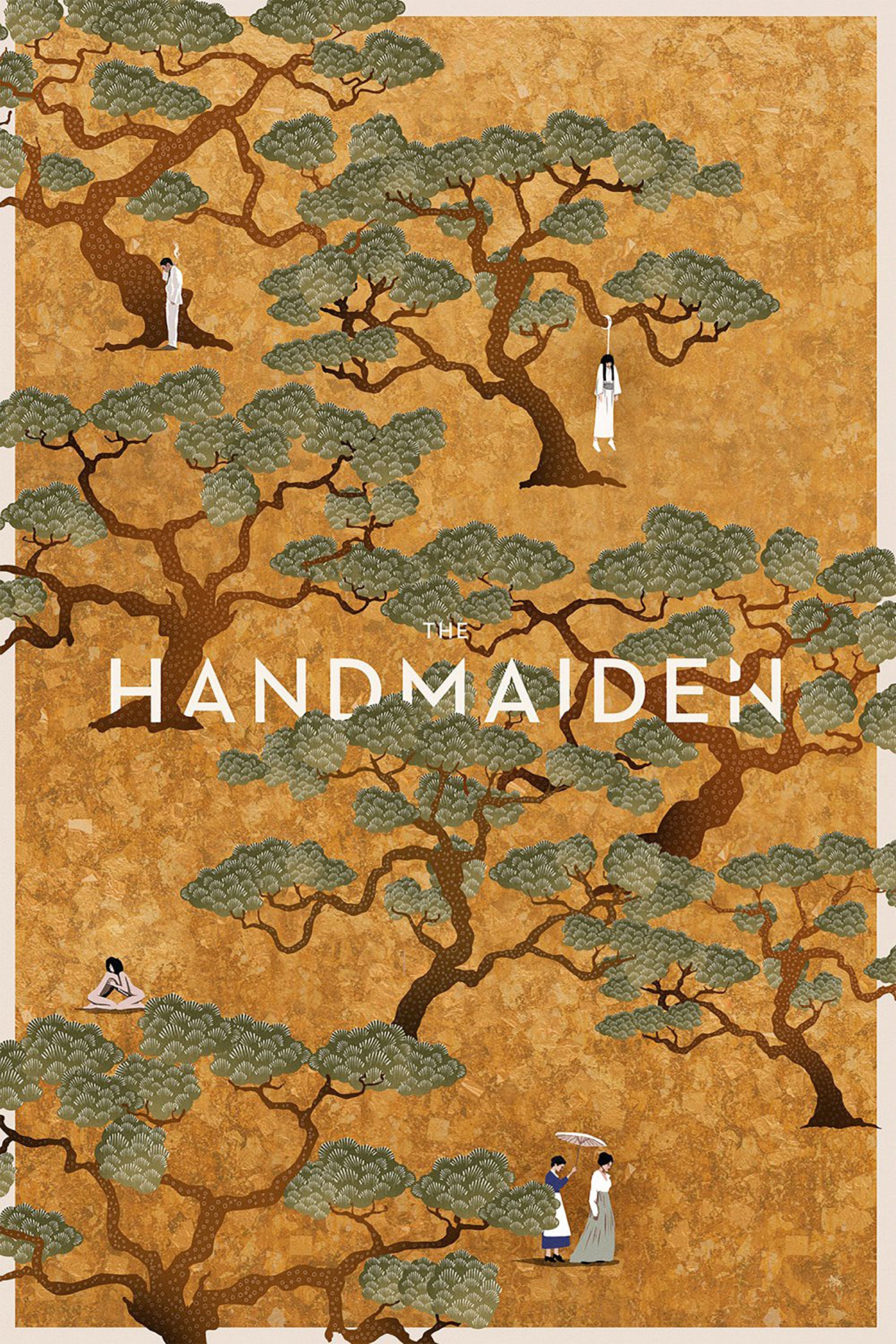The world is but its people. The people are its art.
Did you know that the Departed is based off a slick Hong Kong thriller starring the evergreen Tony Leung? Or that Seven Samurai, by the great Akira Kurosawa, inspired Sholay, Matrix and even Star Wars? There’s no shortage of great movies that aren’t in our language, and so we decided to highlight four regions that need much more mainstream recognition, especially in India, where millions of film lovers reside.
Mexico:
There are two ages to Mexican cinema. The golden age from 1935 to 1969 as well as the new age heralded by the trio of Alejandro Iñárritu, Guillermo del Toro and Alfonso Cuaron. We’ve seen these three take Hollywood by storm in the last decade, but their early cinema, born and bred in Mexico, is a delight to watch. Take Y Tu Mama Tambien, for example. It was given an adult rating for its graphic depictions of sex and drugs. But at the same time, it broke the box office for domestic films. Similar films might have been made before in America. But this was theirs.
Poland:
Did you know that Polish inventors played a large role in the birth of cinematography? Piotr Lebiedziński beat the Lumière brothers by two years in developing a machine which could record short films in the 1890's. Hence it’s quite surprising that one of the most seminal works in Polish cinema is named after the three colours of the French flag. The Three Colours trilogy is based on the ideals of the French republic: liberty, equality and fraternity. The director candidly revealed that if another government had funded the movie, they would’ve used their colours. But we feel there is something very touching about two cultural identities of two nations being fused to create art.
Iran:
While early Iranian cinema mimicked the song and dance of Hollywood and Bollywood, innovative creators like Hajir Darioush, Dariush Mehrjui etc. heralded the much needed Second Wave by shifting focus from commercial cinema to art films with philosophical undertones. For years, we had heard really good things about Iranian movies but it wasn’t until we watched A Separation that we realised the narrative depth of those films. It’s Kramer vs. Kramer and Traffic in one film. It’s a murder mystery, it’s a social movie, it’s a movie about family. It’s a lot of things which all speak about our common humanity.
South Korea:
None of us are beginners to Korean films and movies. Parasite’s Oscar win has been a trailblazer for TV shows and films, across streaming services and theatres. But compared to other cinematic regions, it had a late start. After the last vestiges of military suppression had ended in the late 90’s, cinema, along with pop music, took a boom in South Korea. Slowly and steadily, aided by visionary filmmakers such as Bong Joon-ho, Park Chan-wook, Korean cinema has now managed to dominate the cultural fabric of the world itself.









